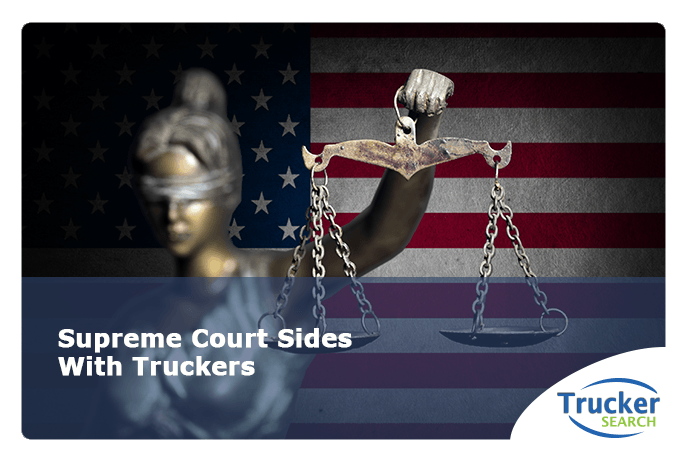In 1994, South Carolina paramedic James D. Garcia was tending to an injured person on the side of the highway when he was struck and injured by a passing motorist. Surprisingly, Garcia was listed at fault which prompted him to fight to create a law, requiring passing vehicles to move over for the safety of emergency responders. Since then, all 50 states have adopted Move Over Laws to protect emergency workers.
What Is a Move Over Law?
Move Over Laws require motorists to slow down to a reasonable speed and if it’s safe to do so, to change lanes to create a buffer if there is an emergency such as a breakdown or an accident. Some states have Move Over Laws that are more specific than others like Wyoming which requires drivers to move over and reduce their speed to 20 MPH below the posted speed limit. Failure to comply with the Move Over Law varies from state to state but could include a fine of up to $1,000 and up to 30 days in jail. A complete list of Move Over Laws and their penalties for each state can be found on AAA’s website here.
Why We Need Move Over Laws
An example of why this law is so important occurred one night in early January in Hawaii when 43-year-old tow truck driver Aaron Malama was struck and killed while helping a driver whose vehicle had broken down on the freeway. According to police, Malama was hooking up the vehicle when he was hit and later died at the hospital from his injuries. Move Over Laws were implemented to protect emergency workers such as police officers, firefighters, and ambulance workers but some states have added other responders to the list such as tow truck drivers. According to the Emergency Responder Safety Institute, 6-8 fire rescue and EMS workers are killed each year in emergency situations where vehicles are passing too close. For police officers, the number of deaths is higher with 10-12 officers being killed each year. For 2019, there were a total of 44 fatalities during roadside emergencies and consisted of:
- 18 law enforcement officers
- 14 tow truck drivers
- 2 mobile mechanics
- 9 fire/EMS workers
These statistics don’t include the many emergency workers who are injured each year by passing vehicles.
Laws Aren’t Enough
The only complaint that police and emergency responders have about the law is that few seem to know about it. Too many people don’t know there is such a law. Currently, there is no federal body in charge of tracking the statistics or getting the word out on the Move Over Laws, so it needs to be done on the state level.
What You Can Do
As a driver, you’ve seen many emergency vehicles helping motorists on the side of the highways and may have seen some close calls for responders. You may have even found yourself broken down on the side of the highway and are well aware of the dangers while stopped on a fast-moving road. It’s not always easy to change lanes, especially when you’re driving a truck in heavy traffic but when you see those lights, slow down and try your best to safely move over to leave a lane between you and the accident. It may prompt other drivers to do the same. Get the word out! A safety law is useless if no one knows about it. You may just save a life.
Trucker Search is a tool you need if you’re looking for employment opportunities in the trucking industry. On Trucker Search’s website, you can post your résumé (which is a short form application) as well as search the ever-expanding database of companies looking for drivers and job postings. It’s a great resource for any driver starting in the trucking industry.
Sources:
https://drivinglaws.aaa.com/tag/move-over-law/
https://www.moveoveramerica.com
https://www.respondersafety.com/Struck-By-Incidents/2019-ERSI-StruckByVehicle-Fatality-Report.aspx


